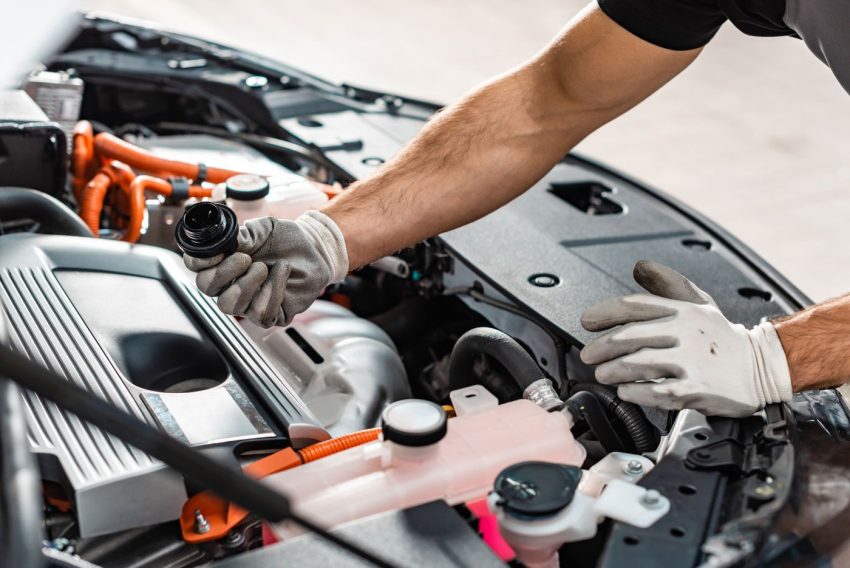For many drivers, a car becomes an extension of themselves. It’s the key to freedom and convenience, allowing us to navigate our daily lives. But smooth operation relies on a well-maintained machine. Two crucial aspects of car care often overlooked are Auto Clutch Repair and oil changes. While seemingly unrelated, understanding the role of each ensures your car performs at its peak and delivers a comfortable, safe driving experience.
The Master of Movement: Understanding Auto Clutch Repair
For vehicles with manual transmissions, the clutch plays a central role in transferring power from the engine to the wheels. Here’s why auto clutch repair shouldn’t be ignored:
- Maintaining Smooth Gear Changes: A worn-out clutch can lead to difficulty shifting gears. This can manifest as grinding noises, a slipping clutch that results in delayed acceleration, or incomplete gear engagement. These issues not only make driving frustrating but can also damage other transmission components.
- Extending Lifespan: Early detection and repair of clutch issues can prevent more extensive and expensive problems later. Neglected clutch issues can lead to complete clutch failure, leaving you stranded and requiring a costly replacement job.
- Safety Considerations: A slipping clutch can compromise your ability to control the car effectively, especially in critical situations like merging onto highways or maneuvering through heavy traffic. Timely repairs ensure safe and confident driving.
Several signs might indicate the need for auto clutch repair:
- Burning Smell: A burning smell when engaging the clutch can signify overheating due to friction from a worn-out clutch disc.
- Difficulty Engaging Gears: If the gear shifter feels resistant or gets stuck when attempting to shift, it could be a sign of clutch problems.
- Grinding Noises: Grinding noises while shifting gears indicate a worn-out clutch disc or pressure plate.
The Engine’s Lifeline: The Importance of Oil Changes
Oil changes are a fundamental aspect of car maintenance, often considered routine, yet vital for engine health. Here’s what makes oil changes so important:
- Friction Reduction: Engine oil acts as a lubricant, creating a film between moving parts, and reducing friction and wear. Without proper lubrication, metal components will grind against each other, causing excessive wear and tear.
- Temperature Control: The engine generates significant heat during operation. Engine oil helps absorb and transfer this heat, keeping the engine operating within a safe temperature range.
- Contamination Control: Oil traps dirt and metal shavings generated by engine wear. Regular oil changes remove these contaminants, preventing them from circulating through the engine and causing damage.
- Corrosion Prevention: Engine oil coats internal components, forming a protective barrier against rust and corrosion.
Skipping oil changes is like running your car on sandpaper. Essential engine parts grind against each other without proper lubrication, leading to rapid wear and tear. This can culminate in expensive repairs or even a complete engine failure. Furthermore, dirty oil can’t effectively transfer heat, causing your engine to overheat and potentially damage vital components. The added friction also forces the engine to work harder, resulting in decreased fuel efficiency and higher costs at the pump. In short, neglecting oil changes is a recipe for trouble for your engine and your wallet.
Conclusion: A Partnership for Peak Performance
Auto clutch repair and Auto oil changes might seem like separate issues, but they both contribute to a smooth and efficient driving experience. By addressing clutch problems promptly and adhering to a regular oil change schedule, you’re investing in the longevity and performance of your car. Remember, a well-maintained vehicle translates to peace of mind on the road, knowing you’re in control of a reliable and safe machine.

